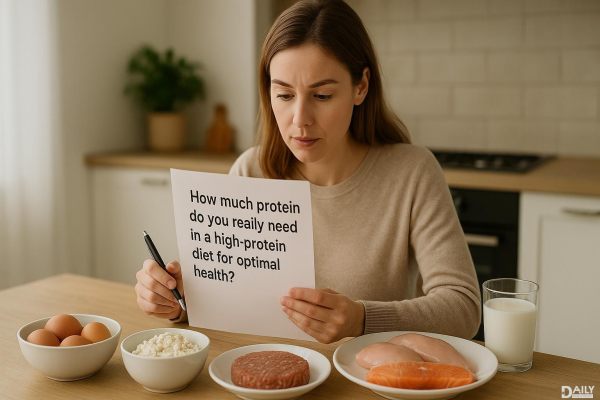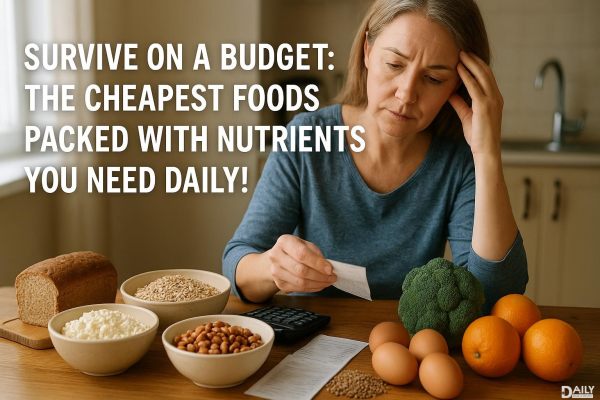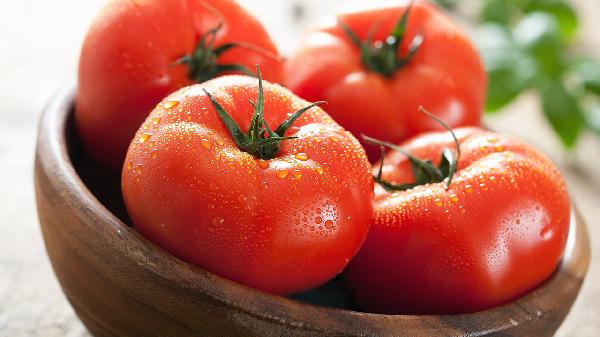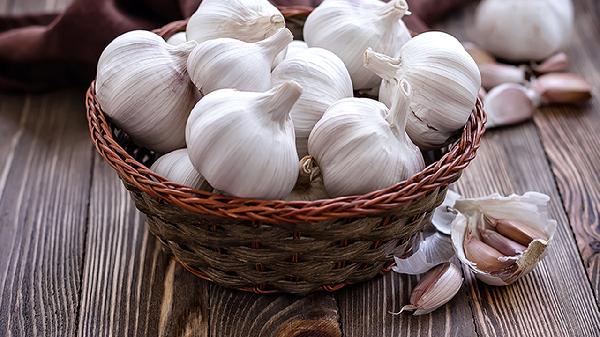Lorelai Gilmore. Pretty much every character in Friends. The person writing this article (hi, it's me). What do all of these folks have in common? An obsession with coffee — and for good reasons. Let's start with the most obvious: Coffee is chock-full of caffeine. As a stimulant, caffeine has the power to perk you up on even the dreariest of mornings and refuel your focus when your brain starts to burn out around 3 p.m. Plus, as Gilmore and Monica Geller show us on TV, there's something incredibly comforting about the ritual of sipping on a freshly brewed cup of Joe. But that's not all. Coffee is also a rich source of compounds that may help ward off health conditions, such as cardiovascular disease and dementia, as well as improve performance in the gym or on the field. The key, of course, is knowing how much to drink to get the biggest benefits without going overboard.
Coffee Nutrition: More Than Just a Caffeine Kick
While it's not exactly a notable source of macronutrients (e.g. protein, carbohydrates, fat), coffee does contain some star micronutrients, including vitamin B2 and magnesium, according to the Harvard T.H. Chan School of Public Health. It's also rich in antioxidants, such as polyphenols, plant compounds with anti-inflammatory properties, says Keri Gans, RDN, author of "The Small Change Diet" and host of the podcast "The Keri Report." (Spoiler alert: These compounds are responsible for many of coffee's health benefits.) When talking about coffee's nutrition facts, you can't forget about caffeine, a mild stimulant. An 8 oz. cup of coffee contains about 80 to 100 mg of caffeine, according to the United States Food and Drug Administration (FDA). (For reference, the FDA estimates that an 8 oz. cup of black tea contains 30-50 mg of caffeine.) The exact amount of caffeine in coffee also depends on factors such as how and where the beans were grown, processed, and brewed.
Here's an example of the basic coffee nutrition facts for one cup of the beverage prepared with tap water and without any cream or sugar, according to the United States Department of Agriculture.
- Calories: 2.4
- Protein: 0.3 g
- Fat: 0.1 g
- Carbohydrate: 0 g
- Fiber: 0 g
- Sugar: 0 g
Keep in mind that these benefits and nutrition facts associated with coffee are for plain black coffee. Some coffee-based beverages, such as Starbucks's signature Frappuccinos or flavored lattes can contain additional sugar, fat, carbs, and protein, depending on what's included in the drink.
Health Benefits of Coffee: Beyond the Morning Jolt
Sure, caffeine might seem like magic, especially on Monday mornings. But it actually works by affecting the central nervous system in the brain. Caffeine works by blocking the receptors of adenosine, a neurotransmitter that mediates brain functions such as sleep, cognition, memory, and learning. Blocking the receptors of adenosine, in turn, increases alertness and decreases fatigue, according to Tufts University Gerald J. and Dorothy R. Friedman School of Nutrition Science and Policy. That being said, this caffeine-caused benefit isn't actually a benefit for everyone. "Everyone metabolizes caffeine differently," says Samantha Ferguson, MS, RD, LDN, a registered dietitian at Wellory and Pivot Nutrition Coaching. Some people might be more sensitive to the stimulant (and, in turn, coffee) and experience anxiety, jitteriness, and an elevated heart rate, offsetting any energizing effects.
May Lower the Risk of Diabetes
"It is believed that coffee has the ability to protect and maintain the function of the beta cells in your pancreas, which are responsible for producing insulin," Ferguson says. "Insulin helps regulate blood sugar levels, therefore reducing the risk of type 2 diabetes." In fact, a review of 30 studies found that each cup of coffee consumed by people per day was associated with a 6 percent decreased risk of developing the disease. "Due to the anti-inflammatory benefits of antioxidants found in coffee, such as polyphenols, coffee may help decrease metabolic inflammation," Gans adds. "Metabolic inflammation is known to lead to the progression of the disease [type 2 diabetes]."
May Ward Off Heart Disease
Research suggests that mild-to-moderate coffee consumption (i.e. 2 to 3 cups per day) can reduce the risk of cardiovascular conditions, such as coronary heart disease, heart failure, and arrhythmia. Studies also show that drinking around this amount of java daily can be associated with a 21 percent lower risk of stroke. Being that coffee has hundreds of biologically active compounds, there could be many reasons why the beverage can have these beneficial cardiovascular effects. That being said, the polyphenols in coffee might play a key role, Gans explains, as they are known to reduce oxidative stress and inflammation — two factors that are thought to contribute to heart disease.
May Enhance Athletic Performance
Coffee is often used by athletes looking to improve performance and increase energy levels, Ferguson says. A review of nine studies found that drinking coffee before exercise improved people's endurance and decreased their perceived exertion (how hard they feel like they're working). Additional research has also shown coffee boosts endurance, improves circulation, increases muscular strength and power, and reduces pain.
So, whether you're a die-hard coffee enthusiast or just someone who enjoys the occasional latte, there's no denying the potential perks of this beloved beverage. From sharpening your focus to protecting your heart, coffee offers a range of benefits that go beyond just keeping you awake during that 9 a.m. meeting. Of course, moderation is key—too much caffeine can lead to jitters, disrupted sleep, and other unwanted side effects. But when consumed mindfully, coffee can be a delicious and healthful addition to your daily routine. So go ahead, brew that second cup—you've got science on your side.
























